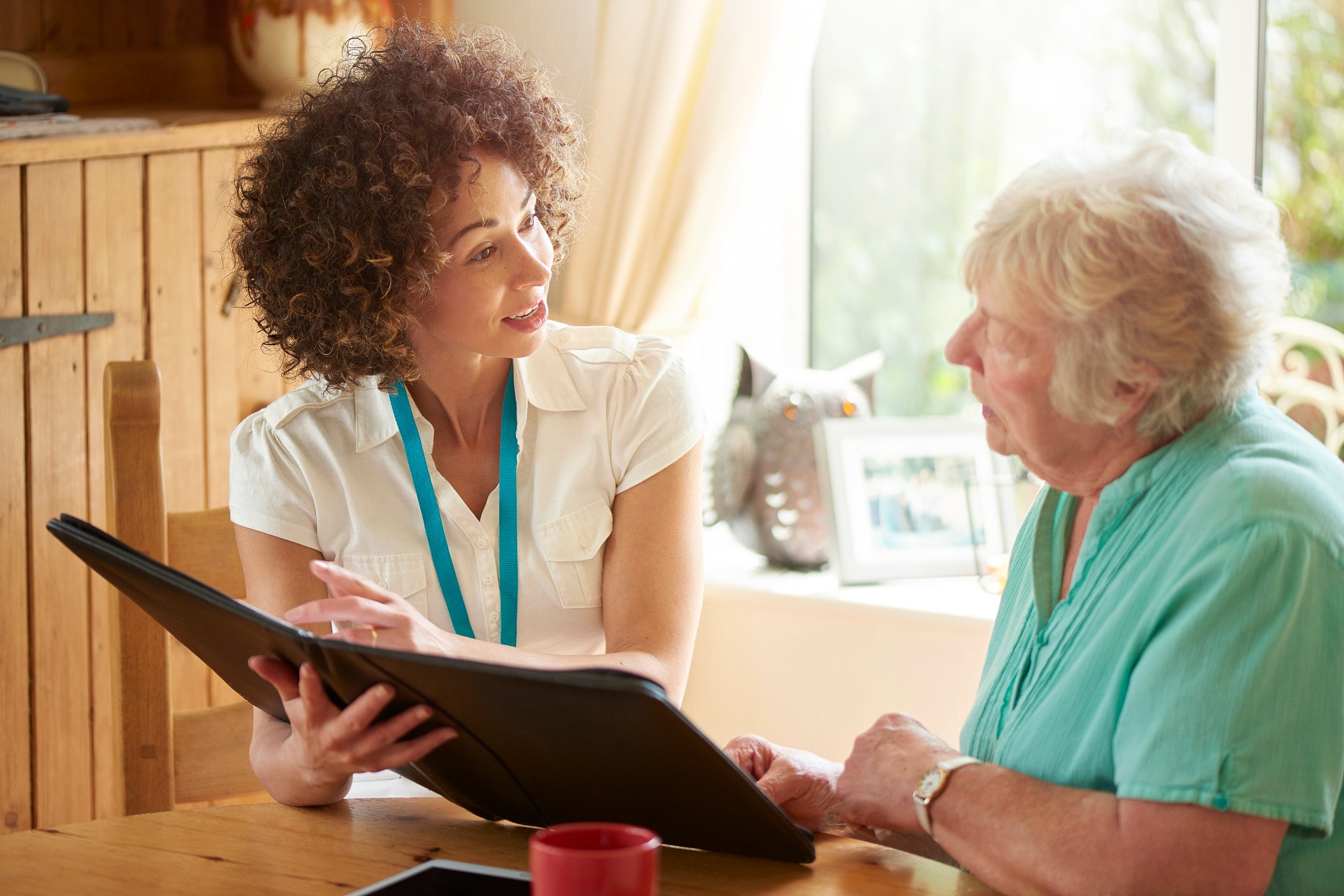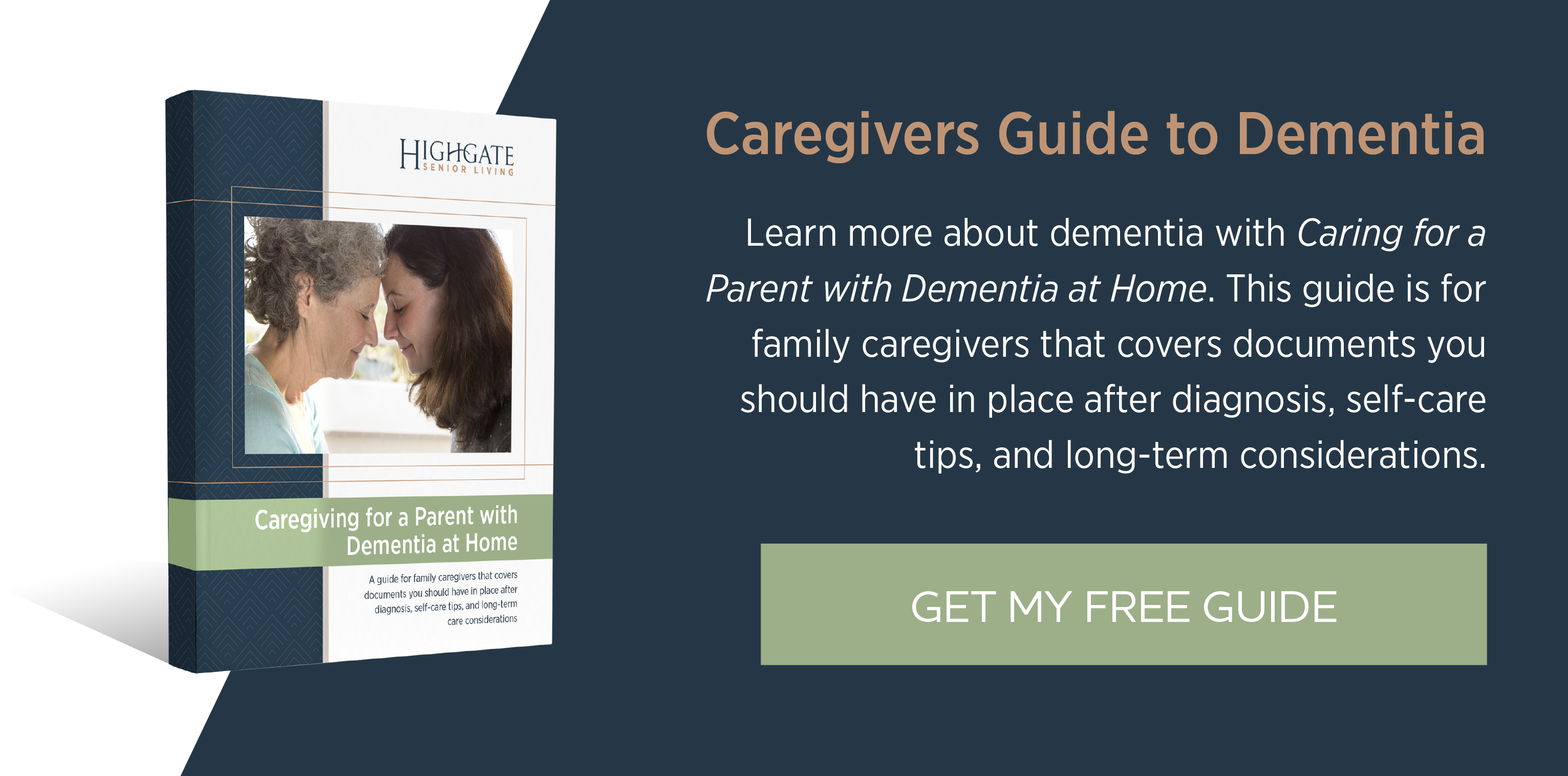
Family caregivers are at a disadvantage when it comes to looking after their loved ones with dementia.
They are not experts in medicine or caregiving and they are emotionally attached to the care recipient. As such, they tend to be slow to recognize the onset of symptoms, frustrated trying to learn more about their loved one’s disease, and unaware that information about caregiving even exists.
Further, as a recent study published in BMC Geriatrics found, family caregivers tend to rely on their loved one’s primary care physician to give them the information they need or to endorse reliable information sources.
However, the study also showed, unless the physician is a dementia specialist, caregivers are unlikely to get much information. It’s not surprising that more than 80 percent of caregivers say they need more information about caregiving topics.
The desire for information is a valid one. The study notes that caregiver education programs improve caregivers’ mental health, well-being, and caregiving performance and improve outcomes for their loved ones.
So, if primary doctors aren’t providing information, how does a family caregiver find help?
Talk to an allied health professional
The allied health professions are the medical careers outside dentistry, nursing and medical doctors. They include many professions relevant to people with dementia and their caregivers. Social workers — an allied health profession — can help match the right health professional for an individual’s needs. Problems that might flummox an untrained family caregiver could be solved with the timely advice of an allied health professional.
Occupational therapists can help caregivers adapt their loved one’s favorite activities so they they’re still able to enjoy them. They can suggest appropriate new activities an individual with dementia can learn to help keep their mind sharp. They can also suggest home modifications to maximize a loved one’s independence and reduce the amount of assistance a caregiver must provide.
Psychologists can help patients, caregivers and families process what a dementia diagnosis means, what it doesn’t mean, and how it will affect their lives. They can also connect families to further sources of information and assistance.
Counselors can help families process their feelings related to dementia. What many family caregivers and other loved ones don’t realize is that the hardest part about dementia is not always the memory loss but can sometimes be the behavior change. Loved ones who have been gentle and affectionate their entire lives can become angry and aggressive. Counselors can help caregivers work through the emotional burden this behavior creates.
Physical therapists can suggest exercises to caregivers that are suitable to their loved one’s abilities and can improve or prolong their mobility.
Speech pathologists can work with caregivers to improve communication between them and their loved ones. The Alzheimer’s Association has a helpful primer on how Alzheimer’s — the most common form of dementia — affects communication at each stage of the disease and gives several coping strategies.
Nutritionists can suggest easy, nutritious meals that a loved one with dementia can prepare himself or herself, taking the burden to prepare every meal off of the family caregiver.
Join a support group
Sometimes there is no substitute for two people in the in similar situations talking with each other. Local support groups for dementia caregivers exist throughout the country. Information about them can be found from the local Alzheimer’s Association chapter or local Area Agency on Aging.
In addition, there are online support groups. Dementia Care Central — a helpful resource developed with funding from the National Institute on Aging — has a list of online support groups.
Research on the benefits of support groups is limited, though a recent study published in the journal Psychogeriatrics found that a support group intervention for family caregivers of people with dementia who had behavior problems reported greater levels of confidence in their caregiving abilities.
Take a class
Some local agencies offer classes to train family caregivers on the more difficult aspects of their jobs. Again, the local Area Agency on Aging or Alzheimer’s Association chapter will have more information.
Online tutorials can also be helpful. Next Step in Care, a program of the nonprofit United Hospital Fund, offers a series of online videos and publications on a variety of caregiving topics, not all of which are specific to dementia caregiving.
A researcher at the University of Michigan, Helen Kales, developed a training method that helps caregivers respond to the behavior challenges of dementia. Her research center, the Program for Positive Aging, will be launching an interactive training website later this year.
Pick up the phone
In an emergency, always dial 911. But for urgent, non-emergency caregiving questions, the Alzheimer’s Association has a free 24-hour hotline at 800-272-3900.
A good investment
Taking the time to learn about dementia and caregiving is an overwhelming thought for some family caregivers. But it is an investment that will save time and frustration down the road and ultimately make the job more manageable.
With the above resources, caregivers will have a leg up in preserving their own well-being and that of their loved ones.






